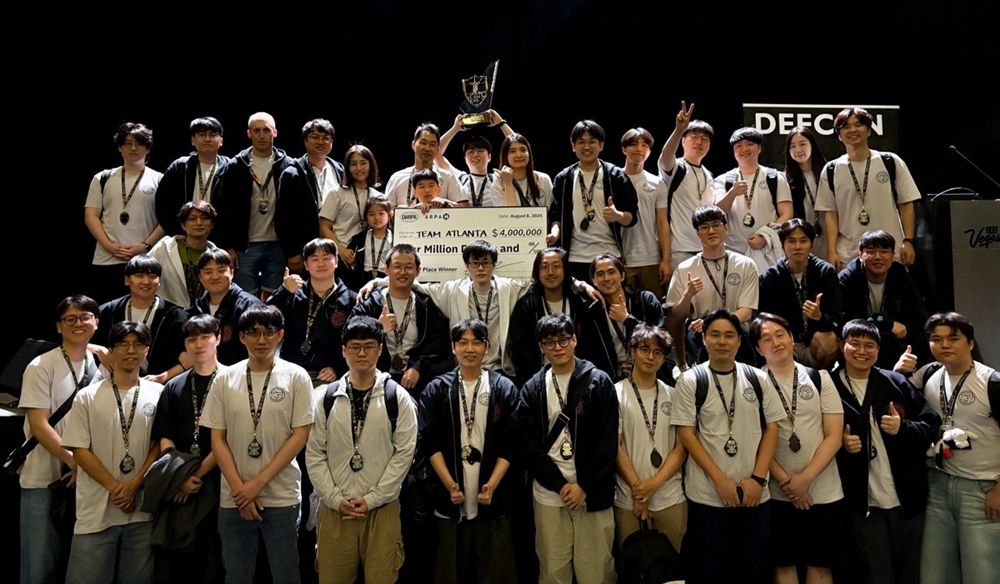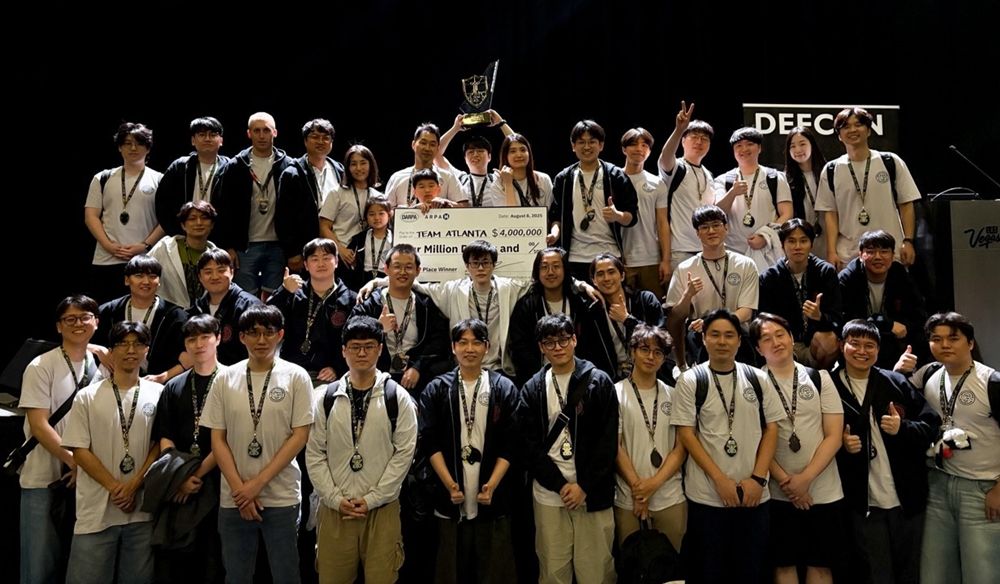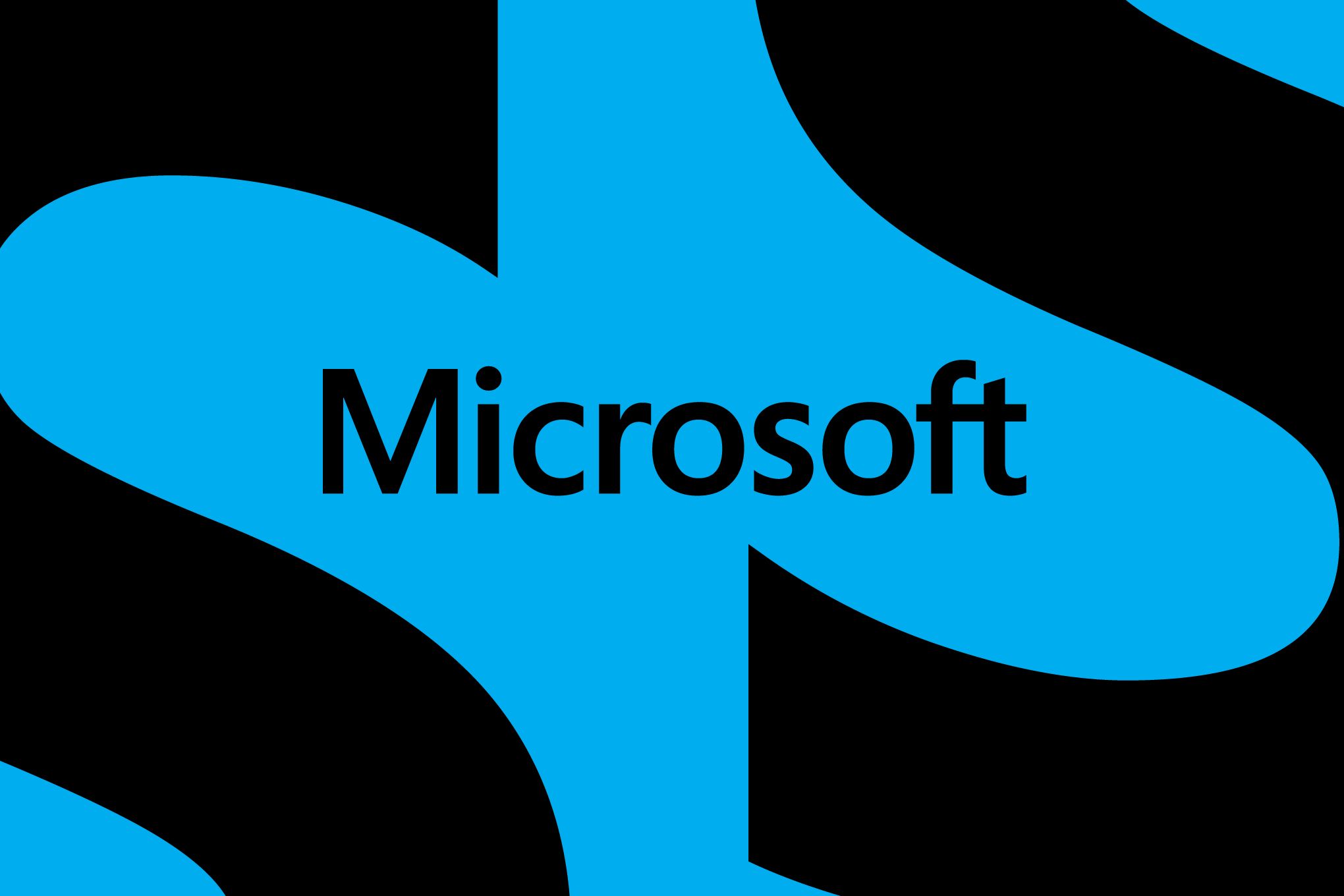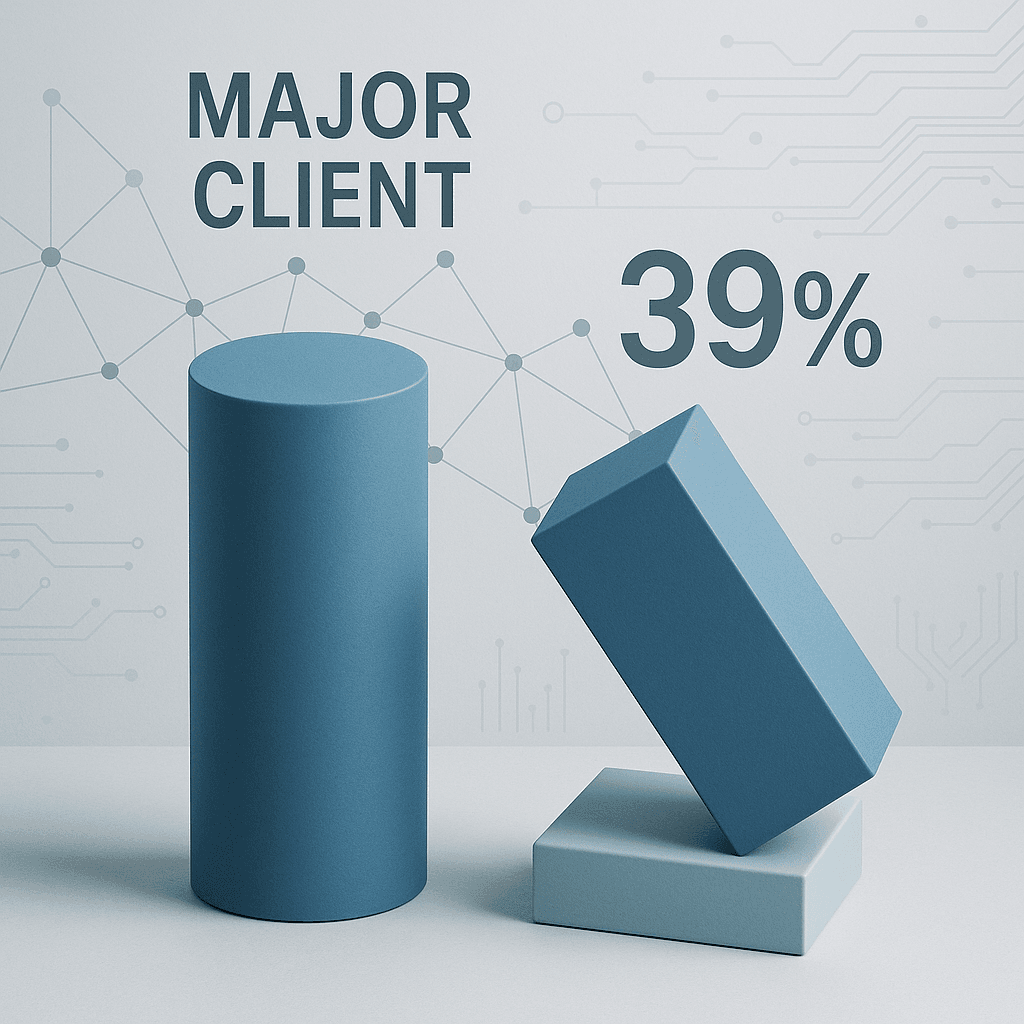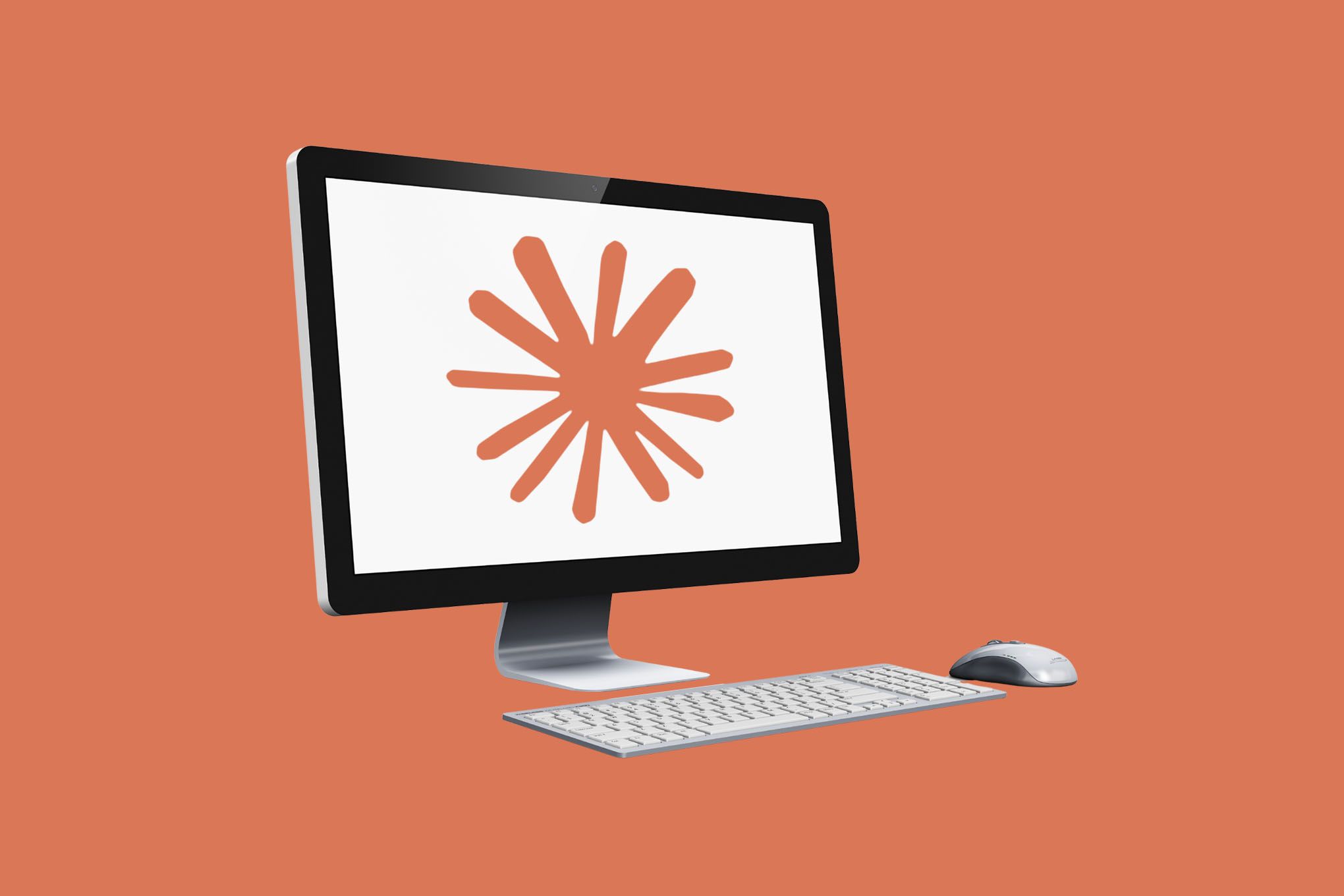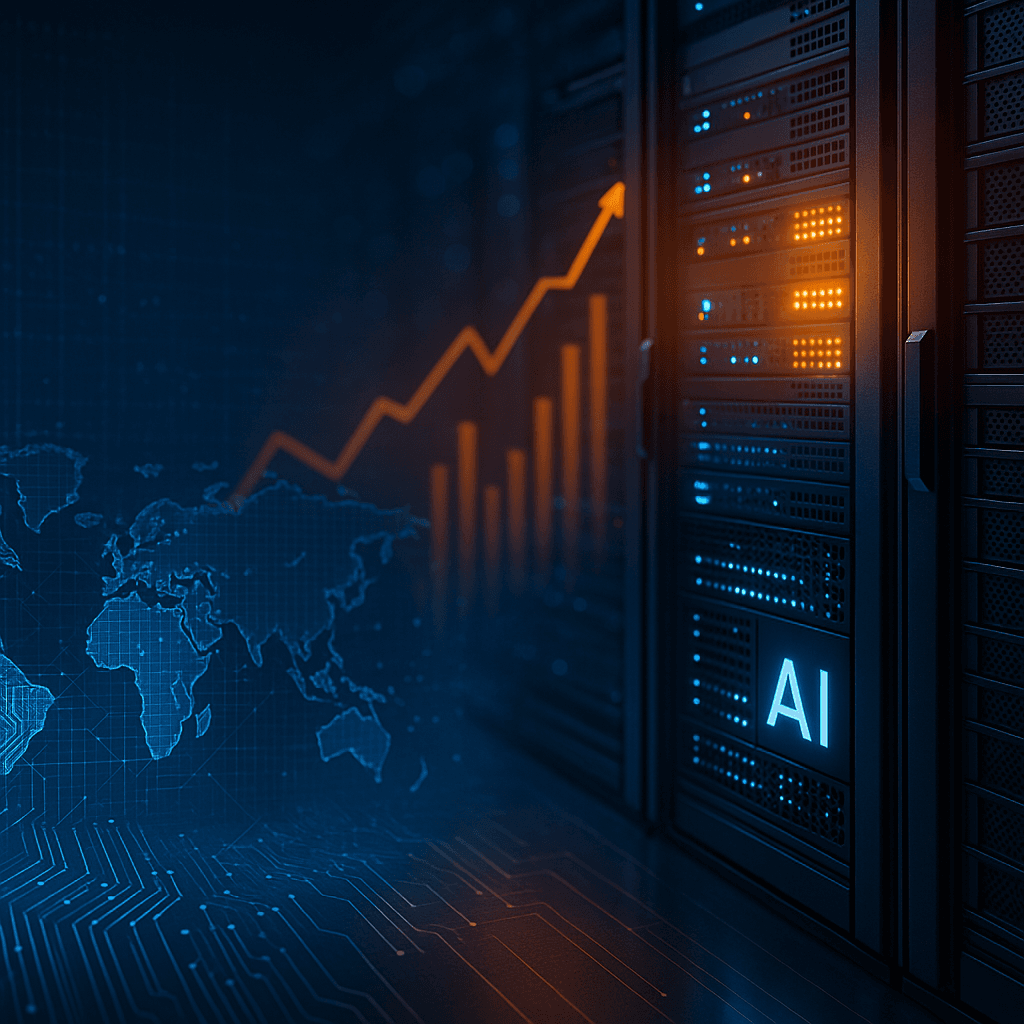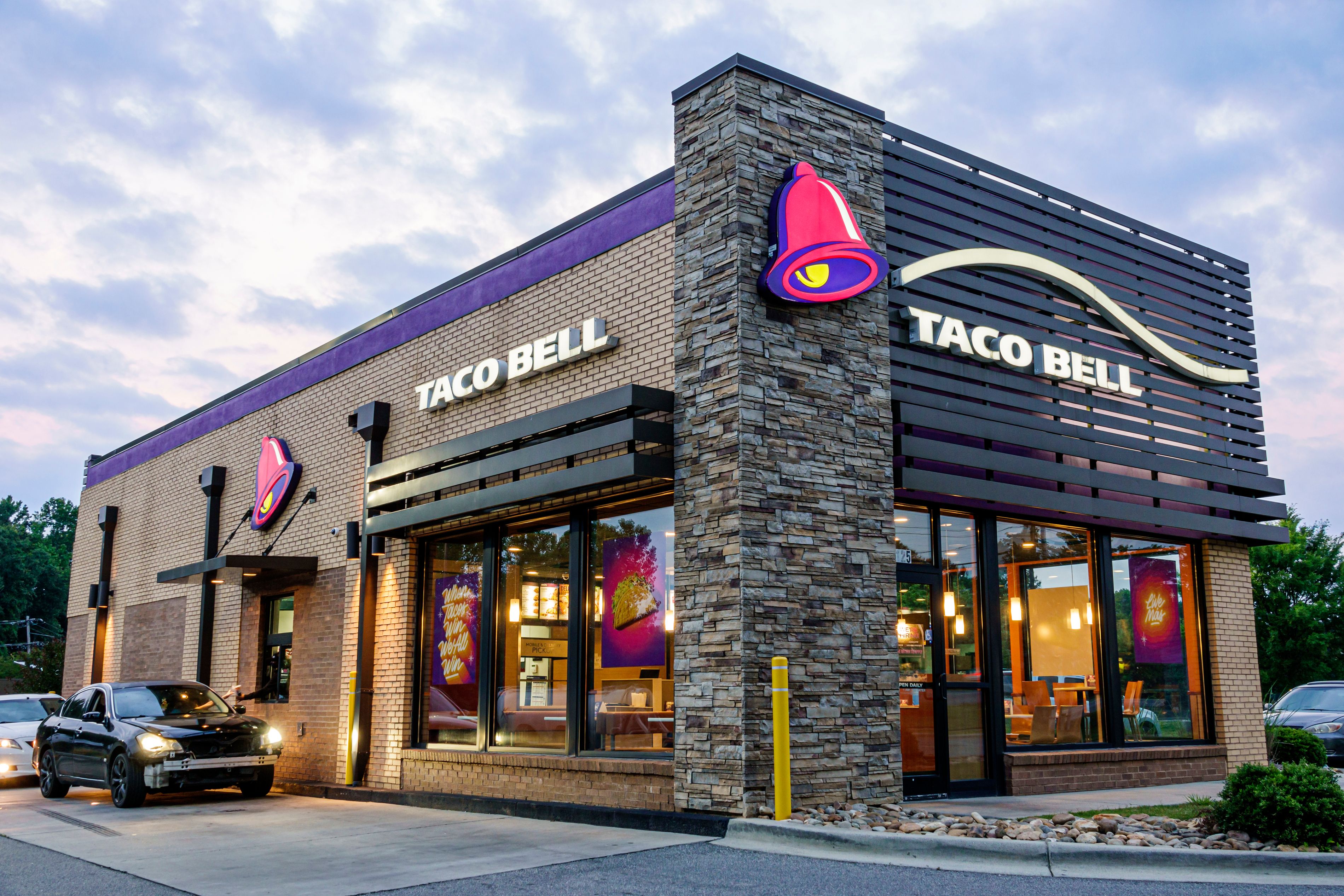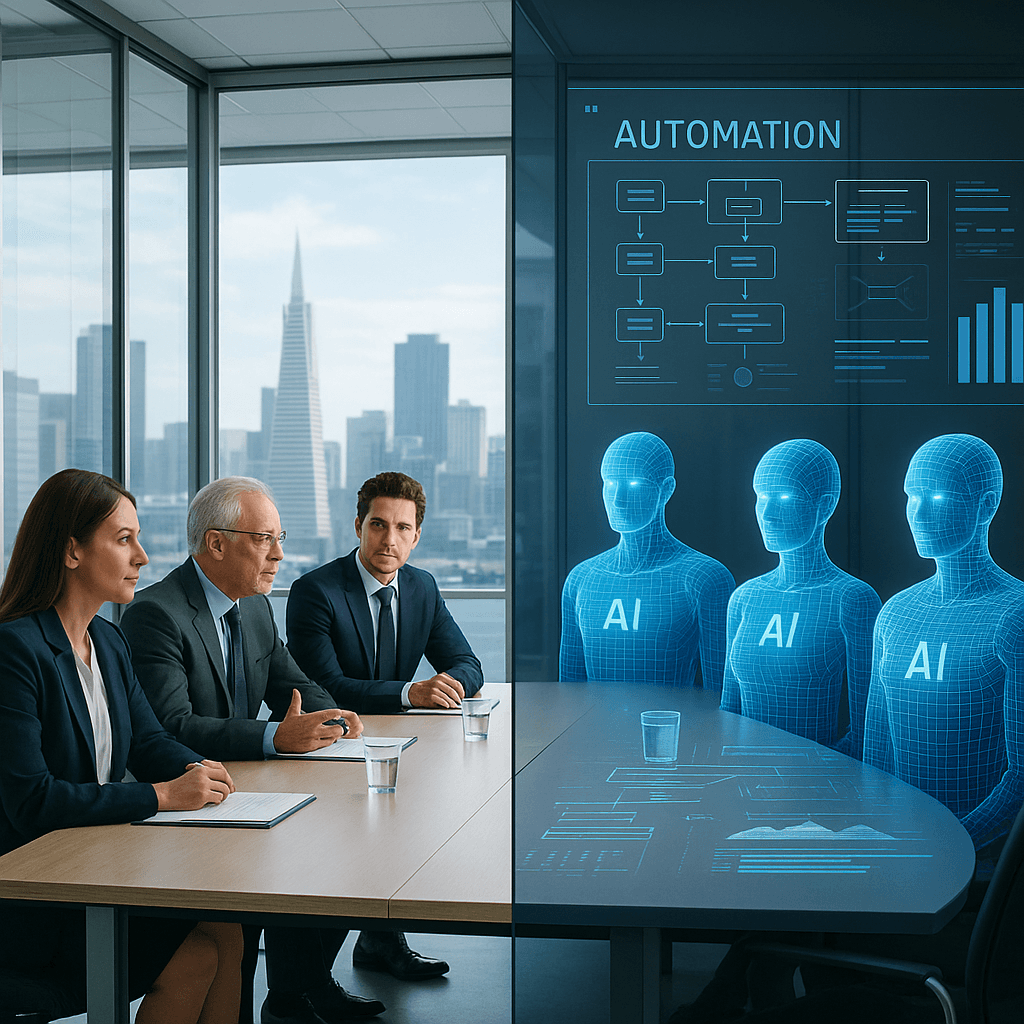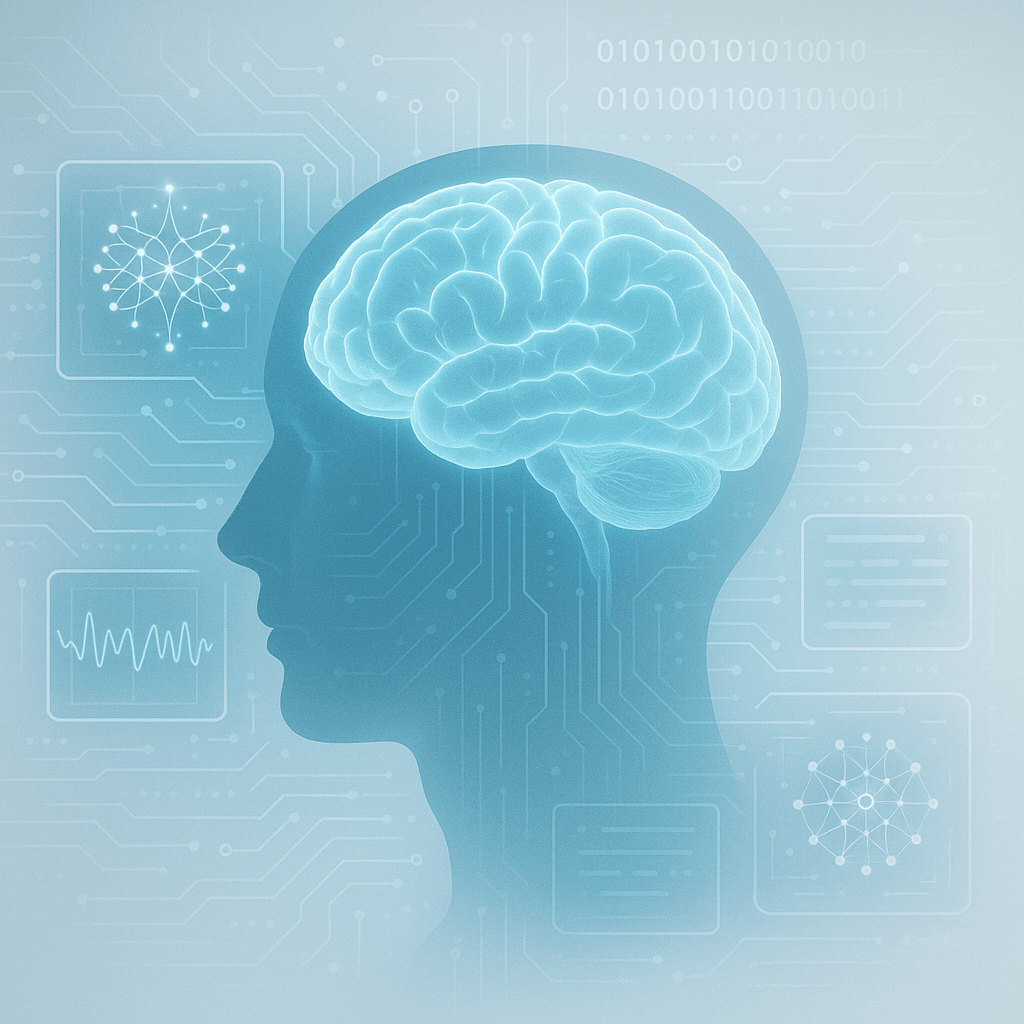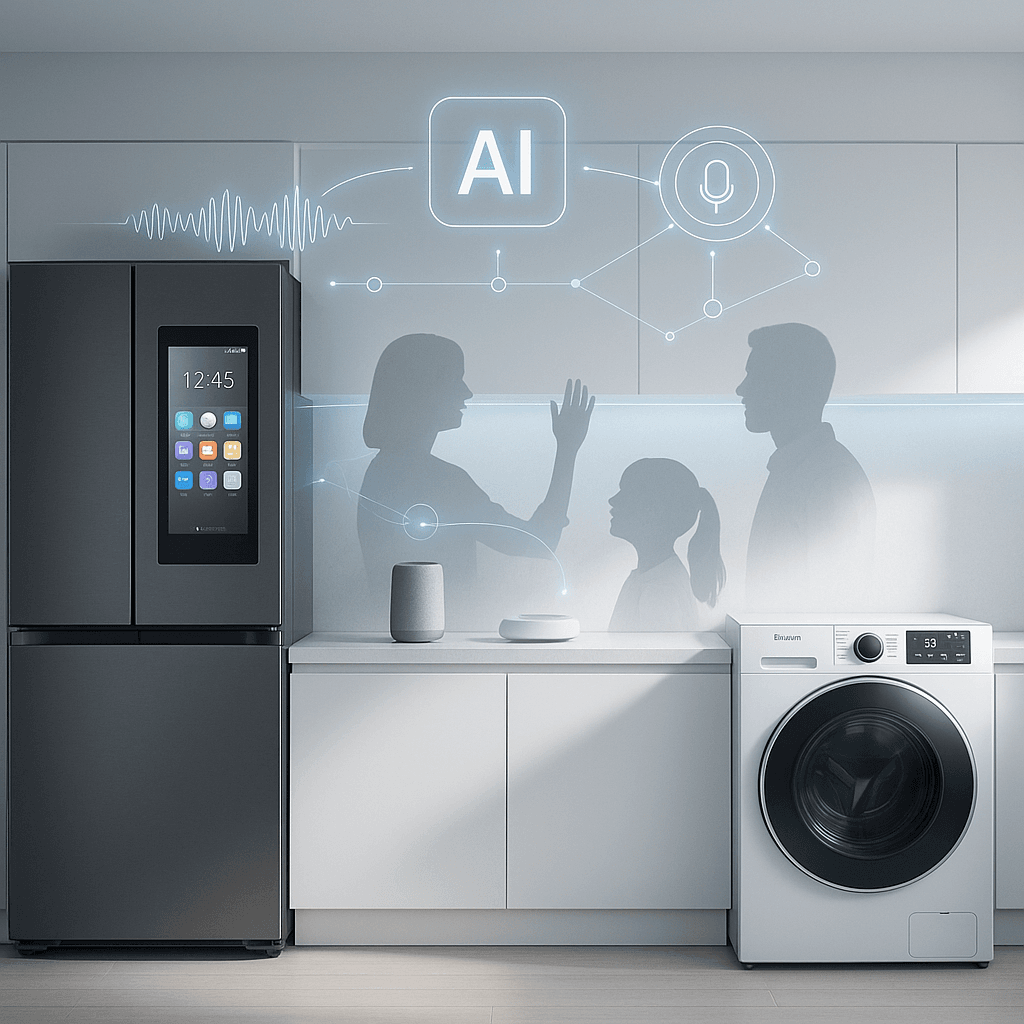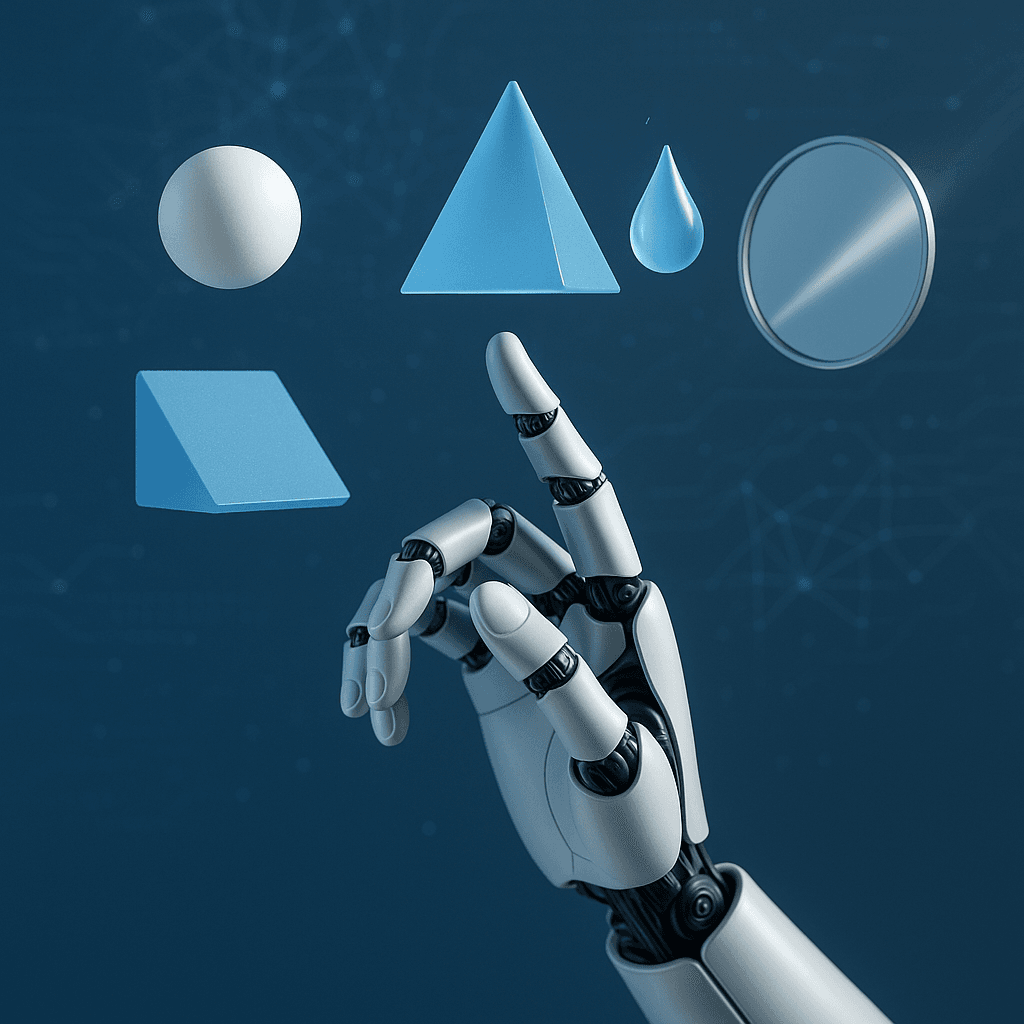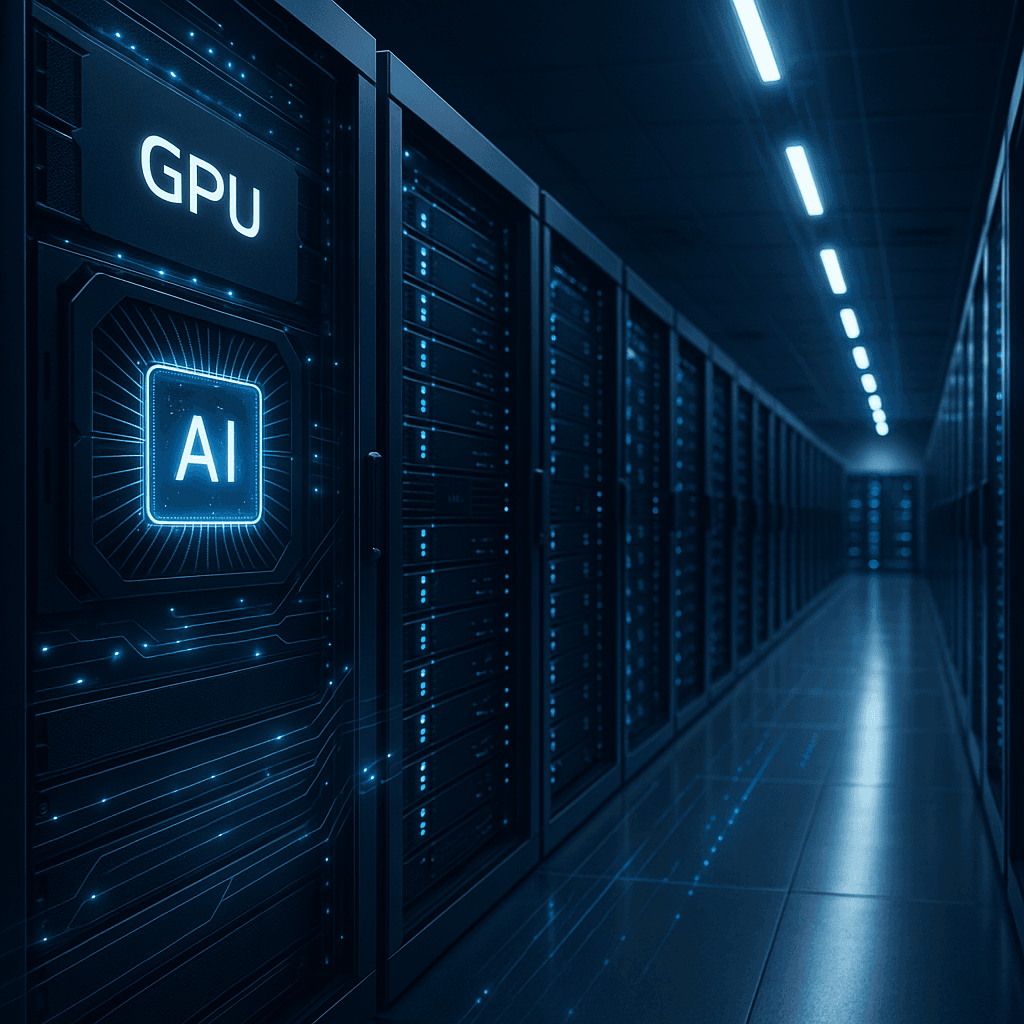Samsung Research just pulled off the biggest win in cybersecurity. Team Atlanta, led by Samsung researchers, claimed the $4 million first prize at DARPA's AI Cyber Challenge in Las Vegas, beating global competitors with breakthrough AI agents that autonomously detect and patch software vulnerabilities. This victory positions Samsung as the definitive leader in AI-powered security.
The silence in Las Vegas on August 8 was deafening until Team Atlanta's logo flashed across the screen, triggering thunderous applause that marked the end of a two-year odyssey. Samsung Research had just claimed the crown in cybersecurity's most prestigious competition, walking away with $4 million and global recognition for breakthrough AI security technology.
The win delivers immediate validation for Samsung's AI strategy beyond consumer devices. "Samsung's AI security technologies are already being applied to strengthen the protection of products and services, including Galaxy devices and AI TVs," Samsung Corporate Vice President Taesoo Kim told reporters after the victory. The implications extend far beyond Samsung's ecosystem into enterprise security markets where autonomous threat detection is becoming critical infrastructure.
Team Atlanta's 40-member coalition spanning Samsung Research, Georgia Institute of Technology, KAIST, and POSTECH had systematically outmaneuvered competitors through superior AI architecture. The DARPA AI Cyber Challenge tested teams' ability to build "Cyber Reasoning Systems" capable of autonomously identifying software vulnerabilities and generating patches without human intervention – essentially creating AI security guards for critical infrastructure.
"Team members each developed their agents in various ways, and by bringing them together, we were able to build a system capable of covering a wide range of weaknesses," explained Joonun Jang from Samsung Research's Security & Privacy Team, who led development of the large language model agent for detecting vulnerabilities in Java programs. The modular approach allowed Team Atlanta to cast a wider net than competitors using monolithic systems.
The competition's scoring mechanism rewarded both speed and accuracy: teams earned discovery points for identifying vulnerabilities and repair points for successfully patching them. Team Atlanta dominated both categories, uncovering more vulnerabilities while maintaining superior patch accuracy. This dual excellence reflects Samsung's broader AI philosophy of combining detection capabilities with automated remediation.
Yunjae Choi from Samsung's AI Productivity Team faced perhaps the most challenging technical challenge: creating AI agents flexible enough to patch previously unknown vulnerabilities. "Since AI was a common tool provided to all participants, true technological excellence lay in how effectively we could harness it," Choi noted. The key breakthrough involved developing adaptive AI agents that could respond to novel threat patterns in real-time.
